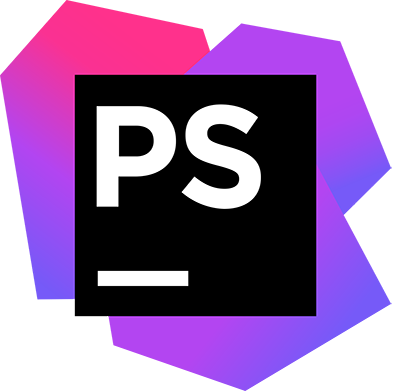You can install the package via composer:
composer require rupadana/filament-api-serviceRegister it to your filament Provider
use Rupadana\ApiService\ApiServicePlugin;
$panel->plugins([
ApiServicePlugin::make()
])php artisan make:filament-api-service BlogResourceFrom version 3.0, routes automatically registered. it will grouped as '/api/admin'. admin is panelId.
So, You don't need to register the routes manually.
The routes will be :
- [GET] '/api/
admin/blogs' - Return LengthAwarePaginator - [GET] '/api/
admin/blogs/1' - Return single resource - [PUT] '/api/
admin/blogs/1' - Update resource - [POST] '/api/
admin/blogs' - Create resource - [DELETE] '/api/
admin/blogs/1' - Delete resource
On CreateHandler, you need to be create your custom request validation.
By default, Token resource only show on super_admin role. you can modify give permission to other permission too.
Token Resource is protected by TokenPolicy. You can disable it by publishing the config and change this line.
'models' => [
'token' => [
'enable_policy' => false // default: true
]
],We used "spatie/laravel-query-builder": "^5.3" to handle query selecting, sorting and filtering. Check out the spatie/laravel-query-builder documentation for more information.
You can specified allowedFilters and allowedFields in your model. For example:
class User extends Model {
// Which fields can be selected from the database through the query string
public static array $allowedFields = [
'name'
];
// Which fields can be used to sort the results through the query string
public static array $allowedSorts = [
'name',
'created_at'
];
// Which fields can be used to filter the results through the query string
public static array $allowedFilters = [
'name'
];
}To create a handler you can use this command. By default, i'm using CreateHandler
php artisan make:filament-api-handler BlogResourceor
php artisan make:filament-api-handler Blogphp artisan make:filament-api-transformer Blogit will be create BlogTransformer in App\Filament\Resources\BlogResource\Api\Transformers
<?php
namespace App\Filament\Resources\BlogResource\Api\Transformers;
use Illuminate\Http\Resources\Json\JsonResource;
class BlogTransformer extends JsonResource
{
/**
* Transform the resource into an array.
*
* @param \Illuminate\Http\Request $request
* @return array
*/
public function toArray($request)
{
return $this->resource->toArray();
// or
return [
"modified_name" => $this->name . ' so Cool!'
];
}
}next step you need to edit & add it to your Resource
use App\Filament\Resources\BlogResource\Api\Transformers\BlogTransformer;
class BlogResource extends Resource
{
...
public static function getApiTransformer()
{
return BlogTransformer::class;
}
...
}You can edit prefix & group route name as you want, default this plugin use model singular label;
class BlogApiService extends ApiService
{
...
protected static string | null $groupRouteName = 'myblog';
...
}From version 3.0, it will automatically detect routes and secure it using sanctum.
To Generate Token, you just need create it from admin panel. It will be Token Resource there.
Set API to public by overriding this property on your API Handler. Assume we have a PaginationHandler
class PaginationHandler extends Handlers {
public static bool $public = true;
}- Test Plugin for Tenancy purpose
- Each user can manage their own token only
Please see CHANGELOG for more information on what has changed recently.
Please see CONTRIBUTING for details.
Please review our security policy on how to report security vulnerabilities.
The MIT License (MIT). Please see License File for more information.


